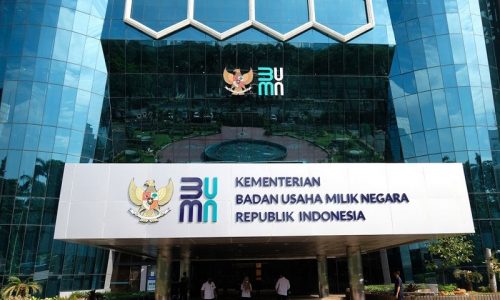The Indonesian government is set to boost its rice self-sufficiency efforts by 2028 through a dual strategy of intensifying rainfed land and expanding rice fields in new areas via its food estate program.
Coordinating Minister for Food Affairs, Zulkifli Hasan, noted that over 20 percent of Indonesia’s rice fields rely solely on rainfall and remain underutilized.
To address this, the government is focusing on irrigation development and water pumping initiatives, known as pompanisasi, to enhance productivity.
“For rainfed fields near dams, we’ll build irrigation networks. If there’s no dam, we’ll use water pumping. Both methods aim to improve productivity,” Zulkifli said on Monday, November 11, 2024.
Pompanisasi involves transferring shallow water via pumps to agricultural lands, and this approach reportedly boosted rice production by 780,000 tons year-over-year from September to November 2024.
Additionally, the government aims to expand rice fields beyond Java through the food estate program, with a budget allocation of Rp124.4 trillion (US$7.9 billion) for food security initiatives.
Among the projects is the Merauke Food Estate in South Papua, which spans over 1.2 million hectares since its start in 2008.
Zulkifli plans to visit Merauke soon to oversee new rice field openings and optimize existing ones.
The Ministry of Agriculture is also exploring land expansion in South Kalimantan, Central Kalimantan, and South Sumatra, areas with adequate irrigation access, by 2029.
Deputy Minister of Agriculture Sudaryono said that Indonesia’s rice self-sufficiency plan involves both productivity increases on current land and the opening of new fields.
The plan includes 150,000 hectares of new rice fields and 80,000 hectares for intensified land use.
The government is also identifying Central Kalimantan’s 400,000 hectares of land, 150,000 hectares of which are deemed suitable for new rice fields.









